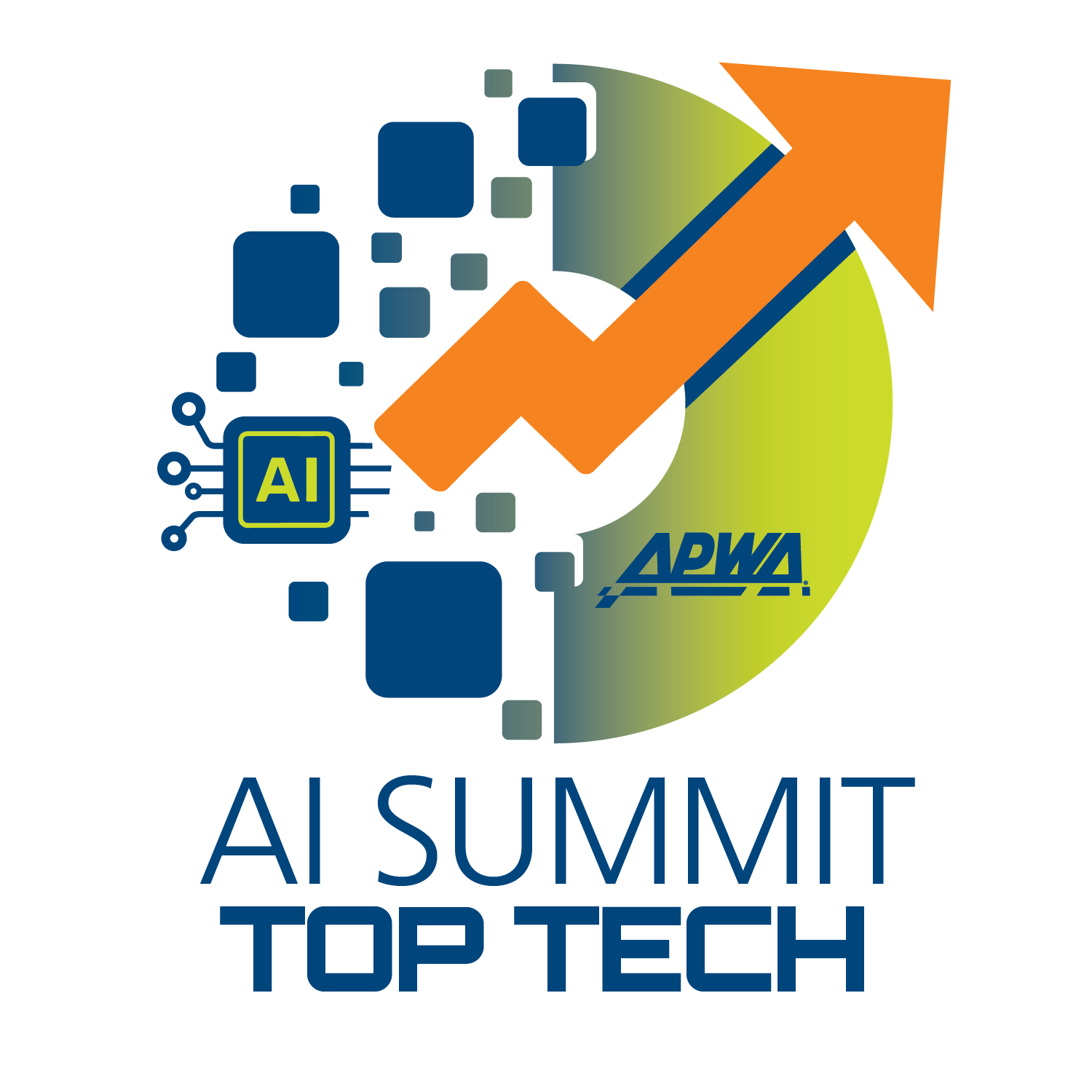
January 29–30, 2025
The AI Summit will define artificial intelligence (AI) and its key components, providing public works professionals with a clear understanding of the terminology and areas of public works already being impacted. Attendees will explore the various engines within AI systems, such as neural networks and machine learning, and consider how AI is trained using data, including the role of large language models.
The Summit will also examine the ethical and legal challenges AI presents, addressing risks such as training bias and cybersecurity, while equipping participants with strategies to mitigate these issues.
Why You Should Attend
The AI Summit offers .4 CEU credits.
Demystify AI and explore the current state and future of AI in the public works space.
Prepare for conversations around policy, staffing, and ethical considerations regarding AI.
Share experiences and knowledge about the current use of AI and thoughts on future innovation in your field.
Agenda
January 29
10 a.m.–1 p.m.
Session 1—Defining AI and its key components (terminology, current AI everyday use, etc.)
- Define what AI is, which parts of public works it has already impacted, and which are likely to be impacted next.
- Compare the different ways AI might impact public works over the next five years.
- Evaluate the benefits and drawbacks of using AI in public works.
Session 2—How AI systems are developed and trained (generative, non-generative/machine learning, etc.)
- Describe the engines within AI systems (neural networks, machine learning, deep learning, etc.).
- Identify the role of data (especially big data) in training AI systems—how much is needed, what quality control must be done, and so forth.
- Explain what large language models (LLMs) are and how transformer models are part of LLMs.
Session 3—Addressing the ethical and legal considerations and potential impacts of AI in public works, while managing resistance to AI in the workplace (ethics, perceived risks, real risk, misconceptions)
- Identify the ethical issues raised by using AI in public works (hallucinations, training bias, plagiarism, decrease in critical thinking, cybersecurity, etc.).
- Describe steps users of AI can take to avoid unethical uses of AI (can we set up boundaries to limit such use in our public works environment?).
- Explain general education needed about ethical AI issues for public works and our customers.
January 30
10 a.m.–12 p.m.
Session 1—AI in Public Works Presentation Series—Attendees will hear from public works professionals in various technical areas about real-world applications of AI in their fields.
- Discuss the real-world applications of AI in public works.
- Identify the potential benefits and challenges of AI in public works operations.
- Explore future trends and innovations in AI for public works.
Time for Discussion
Attendees will get an opportunity to join interactive virtual “lounges” with presenters and facilitators to discuss key takeaways from the AI Summit, ask questions, brainstorm next steps for AI in their workplaces, assess what further education is needed and more.